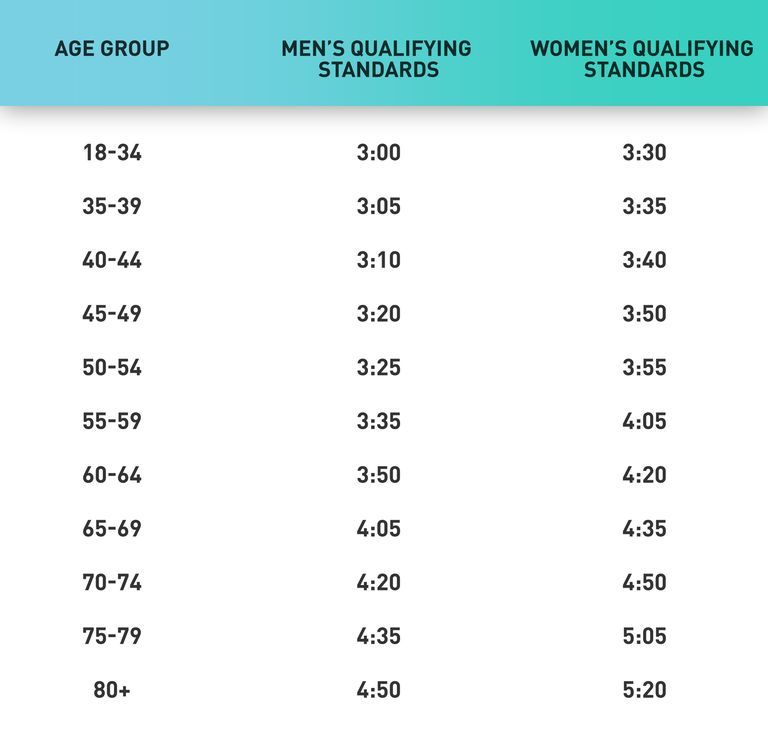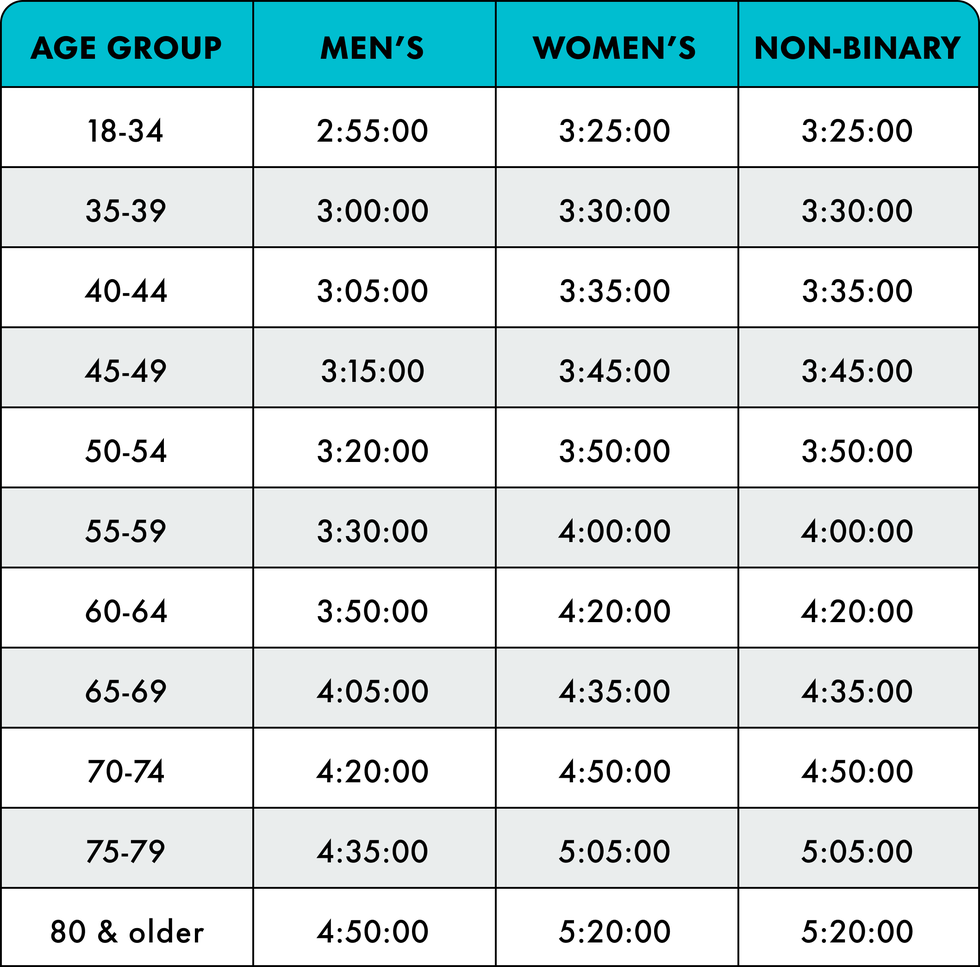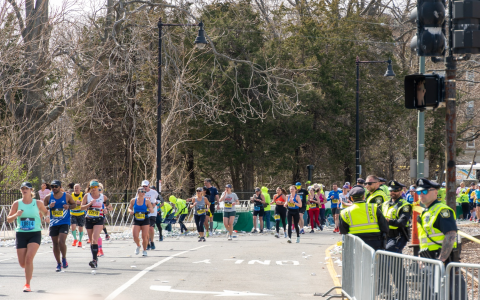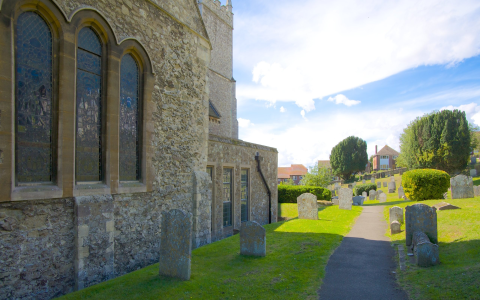What Time is Needed to Qualify for the Boston Marathon?
The Boston Marathon is one of the most prestigious running events in the world, drawing thousands of athletes every year. For many runners, qualifying for this historic race is a badge of honor, a significant milestone that demonstrates their dedication, training, and endurance. Understanding the required qualifying times is crucial for any runner aiming to participate in this iconic event.
Qualifying Times by Age and Gender

To qualify for the Boston Marathon, runners must meet specific time standards based on their age and gender. The Boston Athletic Association (BAA) sets these standards, which are meant to ensure that all participants are capable of completing the challenging 26.2-mile course. Here are the general qualifying times:
- Men aged 18-34: 3 hours 0 minutes
- Women aged 18-34: 3 hours 30 minutes
- Men aged 35-39: 3 hours 5 minutes
- Women aged 35-39: 3 hours 35 minutes
- Men aged 40-44: 3 hours 10 minutes
- Women aged 40-44: 3 hours 40 minutes
- Men aged 45-49: 3 hours 20 minutes
- Women aged 45-49: 3 hours 50 minutes
- Men aged 50-54: 3 hours 25 minutes
- Women aged 50-54: 3 hours 55 minutes
- Men aged 55-59: 3 hours 35 minutes
- Women aged 55-59: 4 hours 5 minutes
- Men 60 and over: 3 hours 50 minutes
- Women 60 and over: 4 hours 20 minutes
It’s important for runners to keep in mind that these times must be achieved in a certified marathon. Not all races qualify as a legitimate time for Boston, so selecting a race that the BAA recognizes is essential.
Why Qualifying is Important
The Boston Marathon is unique in that it is one of the few major marathons that requires participants to qualify through their performance in another marathon. This qualification process helps maintain the race’s integrity and competitiveness. Runners who achieve these times showcase a level of commitment and athleticism that makes the Boston Marathon a true challenge.
Preparing to Qualify
Meeting the qualifying times for the Boston Marathon demands a structured training plan and serious commitment. Runners should consider creating a training schedule that spans several months, incorporating various elements such as long runs, speed work, and recovery days.
Many runners find that joining a local running club or hiring a coach can provide the motivation and guidance needed to achieve their goals. These resources often offer group training runs, which can help in building endurance and pacing strategies.
Race Day Strategies

On race day, having a solid plan can significantly affect performance. Runners should familiarize themselves with the marathon course, understanding the elevation and potential areas of difficulty. Nutrition and hydration strategies are equally vital; knowing when to refuel and hydrate can prevent fatigue and help maintain pace throughout the race.
Additionally, mental preparation cannot be overlooked. Visualization techniques, affirmations, and coping strategies for dealing with race-day anxiety can help runners stay focused and calm as they strive to meet their qualifying times.
The Spirit of Boston
Qualifying for the Boston Marathon is not just about the time; it symbolizes the journey, the hard work, and the community spirit that surrounds this incredible event. Many runners find joy and camaraderie in the process, sharing their experiences with others who share the same aspirations.
As runners push through grueling training sessions and eagerly await their race day, the collective excitement builds. Achieving a qualifying time not only grants access to one of the world’s most prestigious races but also cements a sense of accomplishment and pride.
Aspiring participants should start their preparations with a clear goal and a comprehensive training plan, recognizing that the path to qualifying for the Boston Marathon is as remarkable as crossing the finish line itself. Whether it takes multiple attempts or a straight shot to success, every effort contributes to a transformative journey fueled by passion, perseverance, and the love of running.



